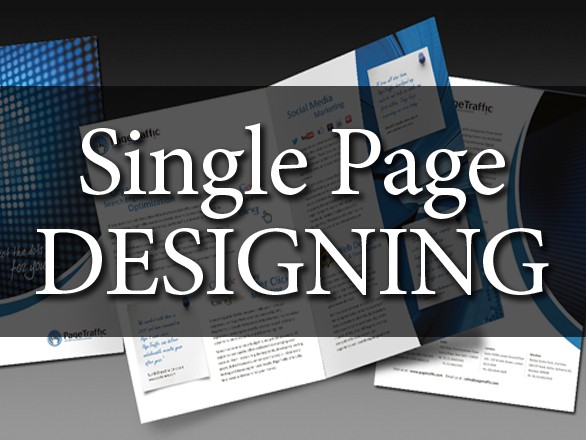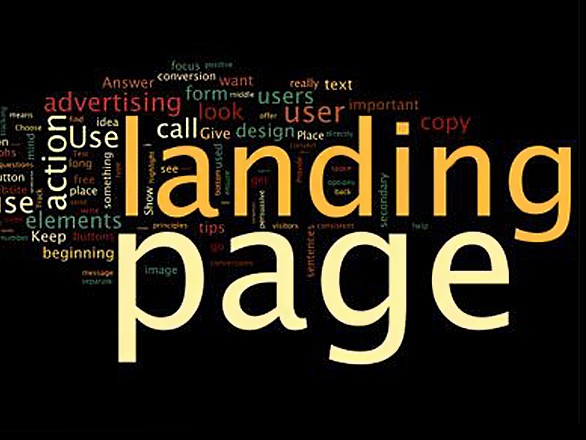Tips to Make a Fast Website
Much has already been told about the importance of smart navigation, appealing design and fresh content for a website to be a success.
But there is one more thing every website owner should keep in mind – your website should be fast enough not to make your visitors irritate watching the slowly loading page…
Below you will find several tips on how to make a fast website.
- Don’t add too many images to one page. Images are a great visual tool that can help you convey the message, but be careful not to use too many pictures. The problem is that when your visitors are trying to load a page, their browsers are requesting these files from a server. The more files/images are there on the page, the longer it takes to load it. That’s why ask your graphic designer to limit the number of pictures on one page.
- It is also important to optimize images for the Web. Do many web designers prefer using personal photos to taking stock images from the Web? This is a very good idea – the website is going to look unique, unlike numerous clones that are generated by stock photo resources. BUT, don’t forget to optimize raw images for at least by changing their size (As a rule an 8-megapixel camera will give you approximately a 2mb image). Try to reduce resolution to less than 640×480 pixels and less than 250 kilobytes. This will make your images viewable on most screen sizes while making the page load fast enough. Besides, you can convert the images to an optimum JPEG or PNG … and your webpage will load 50 times faster.
- Avoid using Flash if your aim is to attract more visitors to your website. The first reason for this is that Flash files usually take a while to load. Second, they depend on the Flash Players installed on the users’ computers. Chances are that either the required player or its latest version is just not there on the visitors’ computers…
- Don’t overdo with scripts and code. Adding third-party scripts and code to a page can make it load longer. These scripts usually contact external servers to allow your webpage to load. So, avoid including too many code snippets or scripts.
- Make content your priority. By using a lot of text you will help your website not only run fast but also get the best search engine position possible. Search engine spiders read the content on your website to learn what your website is all about, providing a higher ranking for it.
If you follow these tips, you will be able to reduce the loading time up to 3-4 seconds.




